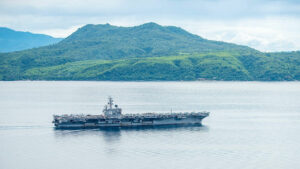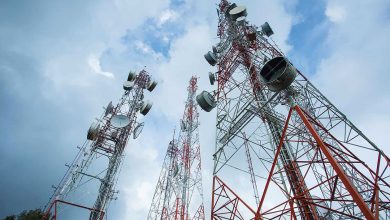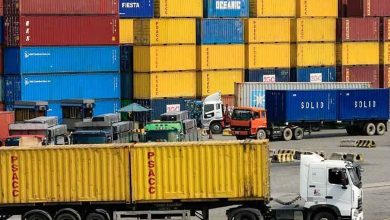Taiwan negotiating for alternative aviation routes

By Kyle Aristophere T. Atienza, Reporter
TAIWAN is negotiating with neighboring Japan and the Philippines to find alternative aviation routes, the official Central News Agency (CNA) reported on Wednesday, after China announced drills that the trade-reliant island said amounted to a “blockade.”
There was no need for global chip manufacturing hub Taiwan to find alternatives for sea transport because ships can avoid Chinese drill zones, CNA reported, citing Transport Minister Wang Kwo-tsai.
Meanwhile, Philippine President Ferdinand R. Marcos, Jr.’s government was “closely monitoring” China’s moves in light of a United States lawmaker’s visit to Taiwan, which Beijing considers part of its territory.
The military and Department of Foreign Affairs “are closely monitoring the situation as they would in any other similar circumstance,” Press Secretary Trixie Cruz-Angeles told a news briefing on Wednesday.
“On matters of international relations, reactions are studied,” she said. “We don’t make knee-jerk reactions because they could adversely affect international relations.”
Mr. Marcos’ press secretary also refrained from commenting on Chinese Ambassador Huang Xilian’s call for the Philippines to abide by the One-China policy.
“There is no reaction,” Ms. Angeles said. “Usually, when it’s a matter of international relations, we take time to study the matter and do not react immediately. Loose words might affect relationships and they’re very difficult to rebuild.”
“We will take our cue from the Department of Foreign Affairs if such a reaction is even warranted,” she added.
US House Speaker Nancy Pelosi arrived in Taiwan on Tuesday, despite threats from China, which calls the visit a “major provocation.” China said the US official’s Taiwan visit is a threat to stability in the Taiwan Strait.
Four US warships, including an aircraft carrier, were positioned in waters east of Taiwan on what the US Navy called routine deployments on Tuesday amid Chinese anger over Ms. Pelosi’s visit to the island.
Ms. Pelosi is the highest-ranking official to visit Taiwan in 25 years. She said her visit is part of a “broader trip” to the Indo-Pacific region that focuses on “mutual security, economic partnership and democratic governance.”
“Our congressional delegation’s visit to Taiwan honors America’s unwavering commitment to supporting Taiwan’s vibrant democracy,” she said in a statement posted on her website. “Our discussions with Taiwan leadership will focus on reaffirming our support for our partner and on promoting our shared interests, including advancing a free and open Indo-Pacific region.”
“America’s solidarity with the 23 million people of Taiwan is more important today than ever, as the world faces a choice between autocracy and democracy,” she added.
Ms. Pelosi said her visit is one of several congressional delegations to Taiwan and it does not contradict America’s key foreign policy principles regarding US-Taiwan relations.
“With the US seeking to maintain its influence within the Pacific as part of its pivot strategy, the Pelosi visit in Taiwan is no longer a surprise,” said Hansley A. Juliano, a political economy researcher studying at Nagoya University’s Graduate School of International Development in Japan.
“Institutionally our security and culture are still very much tied to the US,” Mr. Juliano said. “However, trade and our leaders’ predilection to avoid human rights accountability will continue to make them gravitate to China.” “The Marcos government is not complicated to understand what will it choose based on that.” Mr. Juliano said the split between mainland China and Taiwan is rooted in the post-World War II Chinese Civil War.
“When mainland China was recognized in the aftermath of the Cold War, the unwritten agreement was Taiwan will not be reabsorbed especially since Taiwan has bigger Western allies and trading partners,” Mr. Juliano said.
“This has also been the case with Hong Kong and Macau but these two are lands contiguous to China and hence it’s easier to impose Beijing authority,” he added.
Philippine position on the matter should be dictated by national interest and nothing else,” Michael Henry Ll. Yusingco, a political analyst, said in a Facebook Messenger chat.
“Unless it has changed, the government should simply inform China that for now, like most countries in the world, we still adhere to the One-China policy,” he said.
“The government should not pick any side in this conflict, according to the Constitution’s directive to maintain an independent foreign policy,” he added.
“We can declare a more nuanced position after the national security team in the administration completes their analysis and calibrations.” — with Reuters




